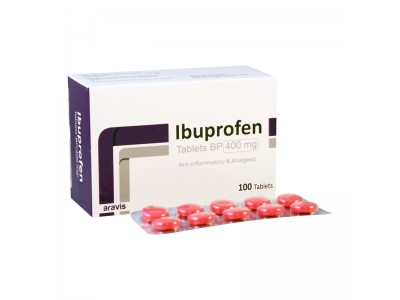Yes, acetaminophen (Tylenol) is still commonly used and remains a popular choice for pain relief and fever reduction, often preferred over ibuprofen (Advil) in certain situations. Acetaminophen is particularly favored for individuals who need pain relief but have conditions that contraindicate the use of nonsteroidal anti-inflammatory drugs (NSAIDs), such as ibuprofen. These conditions include stomach ulcers, gastrointestinal bleeding, kidney issues, or a history of heart disease, as acetaminophen does not carry the same risks of gastrointestinal irritation or cardiovascular complications that NSAIDs do.
Acetaminophen is effective for treating mild to moderate pain, such as headaches, toothaches, muscle aches, and arthritis, as well as for reducing fever. It is often recommended for children and people who need to avoid the anti-inflammatory effects of NSAIDs. Unlike ibuprofen, acetaminophen does not have significant anti-inflammatory properties, making it less effective for conditions where inflammation is a primary concern, such as certain types of arthritis or injuries.
Ibuprofen, on the other hand, is an NSAID that provides pain relief, reduces inflammation, and lowers fever. It is often chosen for conditions involving inflammation, such as sprains, strains, and inflammatory arthritis. However, it can cause side effects like stomach upset, ulcers, and increased risk of bleeding, especially with long-term use or in higher doses.
Both medications have their place in pain management and fever reduction, and the choice between them depends on the individual's specific health needs, the type of pain or condition being treated, and any underlying health conditions. Healthcare providers often recommend one over the other based on these factors, ensuring the safest and most effective treatment for each patient.

